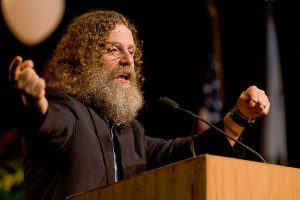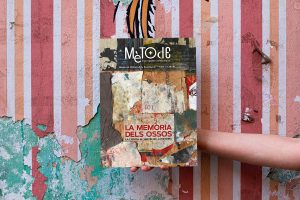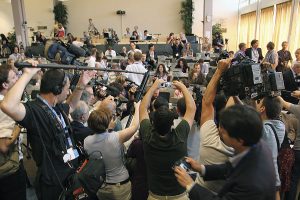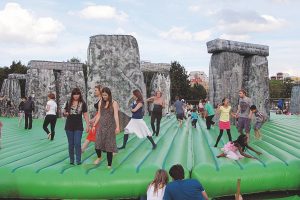Search
The norm of our time is to eat alone and constantly consume individually-packaged, unidentified products.
Interview with Robert Sapolsky, professor at the University of Stanford (USA), in which he talks biology issues of the present time.
Monograph 101 delves into forensic science and its contribution to historical memory.
One of the main pillars of bioanthropological studies are identified osteological collections. The goal of this article is to describe this heritage and show its importance.
The social and behavioral sciences share many characteristics with the «hard» or «natural» sciences, including a commitment to the systematic analysis of empirical data, whether quantitative or qualitative. Yet the subject matter of social science is sometimes elusive, involving many abstract entities like values and cultures, and its methods do not always involve measurement or experimentation.
What can we learn from traditional societies? We might think that nothing, and we would be totally wrong. The World Until Yesterday (Viking Press, 2012), the latest book by the American writer Jared Diamond (born 1937), is a detailed and exhaustive answer to this question.
Until relatively recently, women have had problems gaining access to jobs traditionally taken by men such as medicine, professorships and research. Some women, however, like the three given as examples in this article, managed to become pioneers in the most difficult disciplines and areas requiring utmost dedication.
Social and cultural anthropology has studied reproduction from numerous viewpoints.
This article deals with festivities linked to rites of passage, which serve to sanction changes in social status based on age and gender. Therefore, it looks at rituals related to the life cycle, such as baptism, first communion, marriage or death, symbolic actions intertwined with a thoroughly culture-defined biological cycle and occurring in unequivocally festive contexts.
Interview with Robin Dunbar, Evolutionary Antropology Professor at Oxford University, about the nature of the human being.










